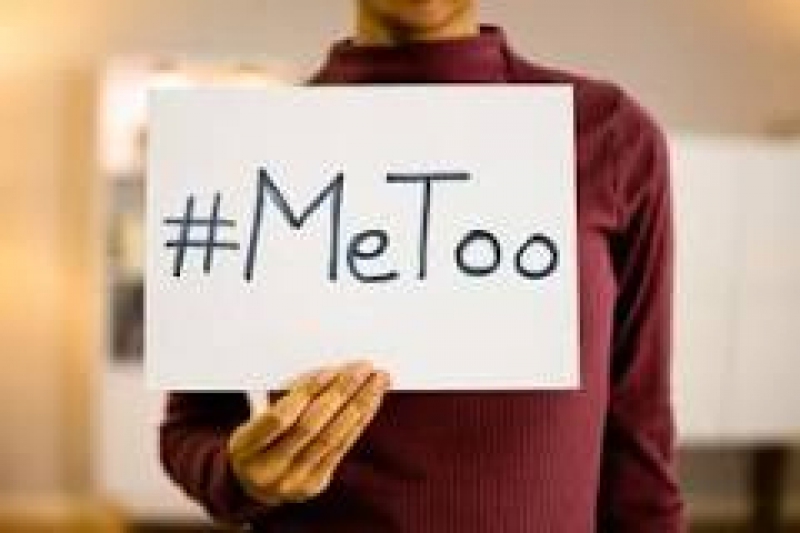There was time not very long ago when women knew they would have to bear it in silence. They would have to deal with casual misogyny, rampant sexism, slander and libel and aspersions cast on their character day in and day out. They would have to quietly condone groping hands in crowded trains and buses, choice four-letter words hurled from passing men on motorbikes and speeding cars and bicycles, lewd propositions at work, on the streets after dark, via text message.

The insidious violence connected with strangers invading your body and insistence, persuasion, and manipulation to obtain a woman’s consent – which is not really consent at all – for sex, continues its rampage around the world, but women, finally, are beginning to hit back. For the first time in history, perhaps, their rejoinder is concerted and its implementation seamless, even if participants in the MeToo movement, have never met each other. Since last July, hundreds of survivors in India, celebrities and college students and young urban professionals have come out with stories of having been sexually harassed and assaulted, and the narratives of some of these women have exposed men of wealth and fame, men in positions of power.
Yet, as educated women of the upper classes, most of whom know English, took to the internet to tell their stories, rural women, low-income women, dalit women, adivasi women, and other marginalised groups of women continue to live in a sequestered space where the solidarity of the MeToo campaign has not percolated. For one, these women have no access to the internet. For another, the spaces they inhabit are teeming with stronger patriarchal and misogynistic notions that disempower them than their urban counterparts have to contend with. In this sense, the very purpose of MeToo is defeated for a demographically heterogeneous country like India, because those who need most to be told that they are not alone have no means to receive that message from co-survivors.
But with the world getting smaller and smaller, what with smartphones in everyone’s hands, news does spill in little bursts. Small-town survivors find out from their big-city sisters; village girls hear about MeToo from townsfolk who drop by on visits. A council of sex trafficking survivors called Utthan participated in a discussion about the movement, and was told about prominent instances of well-known women calling out equally well-known harassers.
Utthan members’ responses to these events showed great empathy for survivors of assault; they expressed vehement anger, displeasure, and even a sense of resignation toward assault, which is normalised in their mindsets. The girls and women agreed that every survivor of assault who has come forward already has made it that much easier for the next woman to step up and call out her abuser; they also said that the problem of sexual harassment was ubiquitous and that every woman irrespective of class and position has faced it.
A few women from Utthan reported, as this conversation progressed, that they had been propositioned at their workplaces, just as Tanushree Datta has alleged that she had been by Nata Patekar. They admired the actress’s courage and resilience and hoped that women everywhere will one day learn to raise their voices loud enough against sexual voices so that the whole world can hear them. They talked about how omnipresent sexual assault is, how anybody can be a victim, and how victim blaming has taken on the proportions and significance of a sociocultural ritual. They believed that story sharing was the only way to move the world and have a light shone on the truth of how women are made to live. Their voices rang out in solidarity with naming and shaming the perpetrator. Utthan’s weight, they said, was behind all survivors of sexual assault everywhere. There was real, intuitive empathy in their voices, and courage and determination.
MeToo is going places, right down to the green grass and the soil underneath. No woman is alone.
